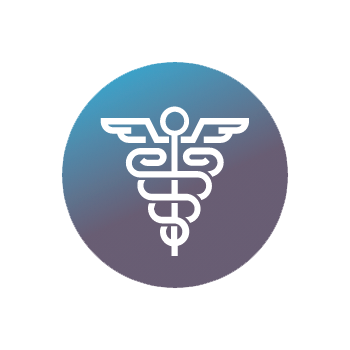The Embrace of Space: Music for Ketamine-Assisted Psychotherapy Sessions
Continuing Education
Live
Sep 30, 2023
200
–
239
USD
Online
4 Hours
Awarded: Certificate of Completion
Description
Music is an important component of setting in psychedelic-assisted psychotherapy and has the potential to help catalyze transformational processes in psychedelic sessions. The practice of listening to music itself can be a doorway into a more receptive, meditative state of mind, which can, in turn, facilitate a process of surrendering more fully to the psychedelic experience.
Often referred to as “the language of emotions,” music provides a container for the patient to explore and process emotions while guiding the forward movement of the journey. Stanislav Grof describes the role of music in psychedelic sessions as creating “…a continuous carrier wave that helps patients to overcome difficult parts of the sessions and move through impasses” (Grof, LSD Psychotherapy, 2008). Additionally, as the musical journey unfolds, old memories and associated emotions, previously hidden under the surface of consciousness, emerge and can be processed, understood, and released or integrated.
In this workshop, various aspects of using music to enhance patients’ experiences in ketamine assisted psychotherapy (KAP) will be explored, including track selection and arrangement, matching music and sound effects with drug effects, effective use of transference and countertransference in relation to music.
We will consider the dual role of the facilitator – one part therapist and one part sonic alchemist – in using various kinds of music to synergize with the dissociative effects of ketamine and enhance a spacious state of mind, often symbolized by transpersonal visions of vast interstellar space, intricate subterranean caverns, and luscious underwater seascapes.
Examples of specific tracks and fully-curated playlists will be shared, and experiential learning exercises will be offered to help participants understand the various phases of the sonic journey. This workshop will ultimately give participants a better understanding of the methods used to prepare and create music sets for ketamine sessions to deepen the patient’s therapeutic process, open their hearts and minds to the vibrational dimensions of consciousness, and support healing from depression, anxiety, and PTSD.
Often referred to as “the language of emotions,” music provides a container for the patient to explore and process emotions while guiding the forward movement of the journey. Stanislav Grof describes the role of music in psychedelic sessions as creating “…a continuous carrier wave that helps patients to overcome difficult parts of the sessions and move through impasses” (Grof, LSD Psychotherapy, 2008). Additionally, as the musical journey unfolds, old memories and associated emotions, previously hidden under the surface of consciousness, emerge and can be processed, understood, and released or integrated.
In this workshop, various aspects of using music to enhance patients’ experiences in ketamine assisted psychotherapy (KAP) will be explored, including track selection and arrangement, matching music and sound effects with drug effects, effective use of transference and countertransference in relation to music.
We will consider the dual role of the facilitator – one part therapist and one part sonic alchemist – in using various kinds of music to synergize with the dissociative effects of ketamine and enhance a spacious state of mind, often symbolized by transpersonal visions of vast interstellar space, intricate subterranean caverns, and luscious underwater seascapes.
Examples of specific tracks and fully-curated playlists will be shared, and experiential learning exercises will be offered to help participants understand the various phases of the sonic journey. This workshop will ultimately give participants a better understanding of the methods used to prepare and create music sets for ketamine sessions to deepen the patient’s therapeutic process, open their hearts and minds to the vibrational dimensions of consciousness, and support healing from depression, anxiety, and PTSD.
